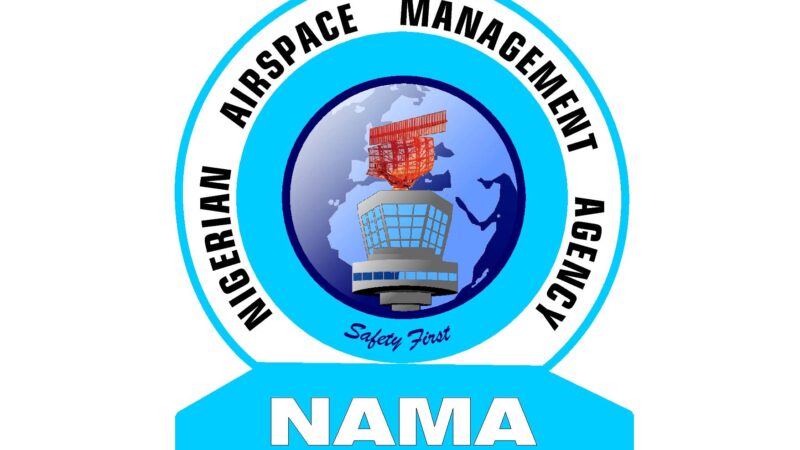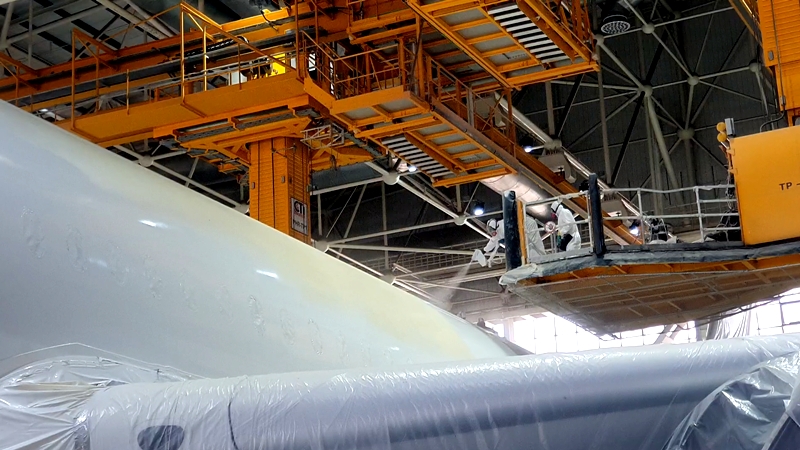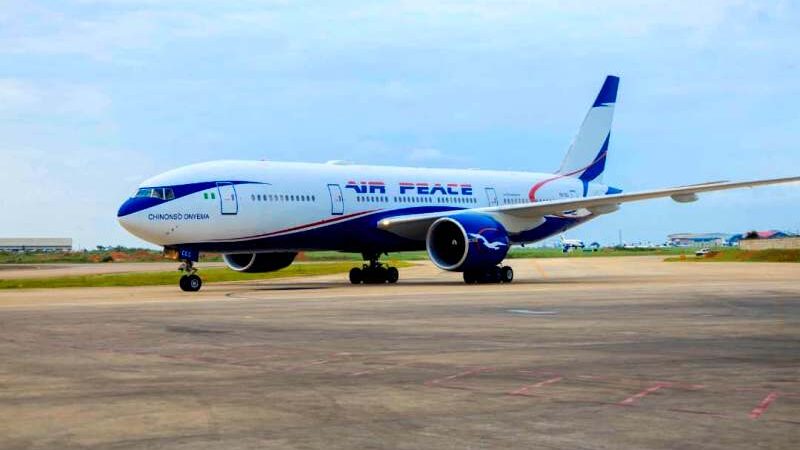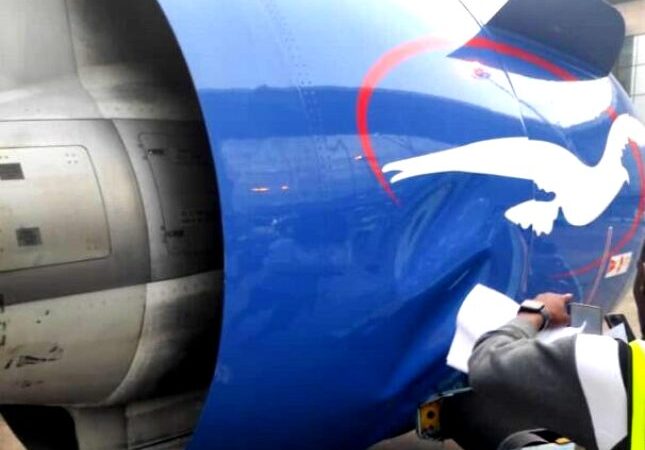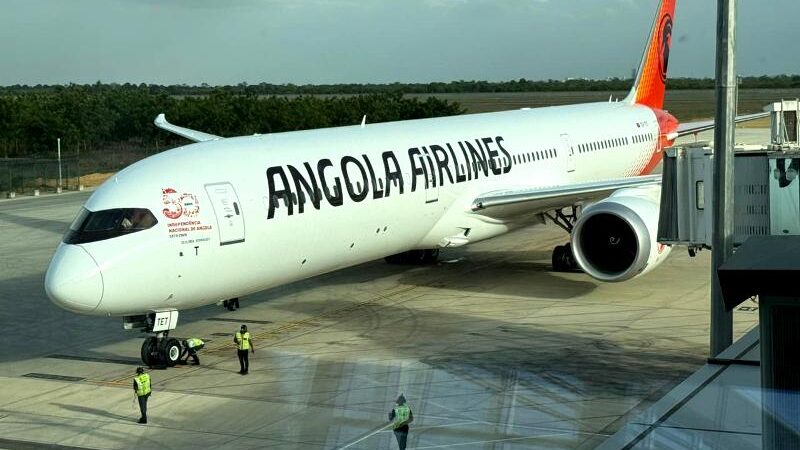Ticket Refund: NCAA Can Only Implement Laws If Passengers Complain, Says DG
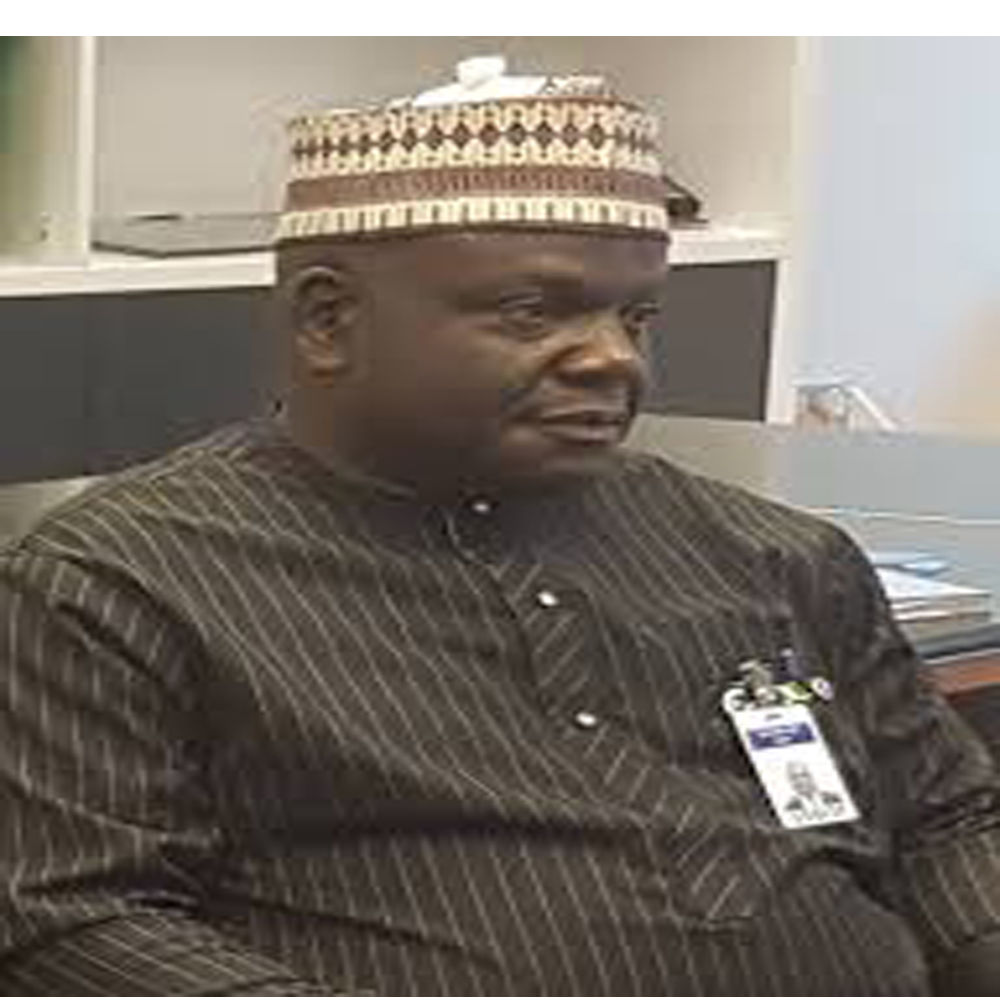
The Director-General of Nigerian Civil Aviation Authority (NCAA), Capt. Musa Nuhu says the agency can only implement laws on air travelers rights such as ticket refunds by airlines if the passengers involved lodge complaints.
Nuhu, who stated this in an interview with aviation journalists in Lagos over the weekend said that the agency would in the coming weeks, commence would soon commence public sensitization to further enlighten air travellers in case of flight delays or cancellations by airlines, to enable passengers respond appropriately in case their rights are trampled upon by airlines.
“We will implement the new law to the letter, but if the consumers don’t complain, how can we know? We need to educate the passengers about their rights. All airlines were given AOCs based on the fact that they will comply with the regulations. During our surveillance, if we find out that they don’t comply appropriately, we will sanction.
“But, on the issue of force majeure, you can’t sanction them. It is an act of nature and even, the law recognizes this,” he said.
He also said that the law on 100 per cent refund on air tickets in case of three hours delay was not novel to the Nigerian Civil Aviation Regulation (NCAR), stressing that it was gazetted by the Federal Government and has been in existence since 2015.
According to him, before the 2015 amendment to the extant regulations, airlines were supposed to pay 100 per cent compensation to passengers after two hours of delay, but the regulatory agency amended it to three hours in order to accommodate the complaints of the indigenous airlines and in a bid to ensure fair play for all.
Nuhu insisted that whatever Sen. Hadi Sirika, the Minister of Aviation said on compensation, recently was not new, stressing that the minister was not reinventing the wheel.
He stated that airlines were given Air Operators’ Certificates (AOCs) based on the fact that they would comply with civil aviation regulations, maintaining that once any of the carriers is found wanting, the agency would not hesitate to sanction such an airline accordingly.
Nuhu however regretted that most passengers did not report to the regulatory agency whenever their rights were trampled upon.
He said: “The minister was just referring to NCAA in his statement. Before the amendment to the regulation, airlines were supposed to pay full compensation to air travellers the moment their flight is delayed for two hours, but during the review, the operators complained that the two hours was too short. Then, it was extended to three hours.
The NCAR 2015 Section 19.6.1.1 as amended indicated that for domestic flights, when an operating air carrier reasonably expects a flight to be delayed beyond its scheduled time of departure, it would provide the passengers with reason(s) for the delay within 30 minutes after the scheduled departure time.
It states that after two hours, refreshments as specified in section 19.10.1 (i) and telephone calls, SMS and e-mails as specified in section 19.10.2; while beyond three hours, reimbursement as specified in Section.
19.9.1(i) ; and (iii) at a time beyond 10pm till 4am, or at a time when the airport was closed at the point of departure or final destination, the assistance specified in sections 19.10.1 (iii) and 19.10.1(iv) (hotel accommodation and transport).
For international flights, the regulation said that when an operating air carrier reasonably expects a flight to be delayed beyond its scheduled time of departure, it would provide to the passengers between two and four hours, compensation as specified in sections 19.8.1 (i) and telephone calls, SMS, e-mails as specified in 19.10.2.
Besides, it said for a flight that is delayed for more than four hours, meal as specified in 19.10.1 (ii) and telephone calls, SMS, e-mails as specified in 19.10.2; and (iii) when the reasonably expected time of departure is at least six hours after the time of departure previously announced, the hotel accommodation assistance as specified in sections 19.10.1 (iii) and transport assistance as specified in 19.10.1(iv).
On compensation, the regulation said passengers would receive at least 25 per cent of the fares or passenger ticket price for all flights within Nigeria and 30 per cent of the passenger ticket price for all international flights.

